The Cloud: it`s an exciting topic these days when everything is being shaken up and revolutions are characterized by going viral through the digital highway of the internet. The Cloud stands out but its sky is darkened by its failures. I do not know about the revolution, but I would say the Cloud is the most logical continuation of our use of digital worlds. I am almost in agreement with Oracle CEO Larry Ellison shouting that the cloud has always existed. He cites…What is Cloud? It is a computer connected to the network [..] It is a set of software, operating system, database, memory and cpu and suddenly, today, it must be called Cloud. Very funny Larry. He is not completely wrong, but new business models around this technology prove that the Cloud may be more than that.
But today after the remarkable debut of Amazon and its range of web services in 2002, or Saleforce.com which has practically created SaaS, we constantly hear pronouncements about Cloud failure as though to convey to the collective subconscious that the Cloud is not viable technically or economically. Yes, I`m going to play devils advocate, providing some arguments.
The price “ hum! I believe that we can agree that for large and very large companies, Cloud is not that interesting. Indeed complex and fully deployed architectures throughout the world are often expensive. Now for smaller companies; is Cloud more interesting considering the cost of employees, maintenance, specialists and various primary resources such as energy to maintain an IT infrastructure? Not so sure! I wouldn`t do an ad for it, but I admit that the centralized model added to multi-location of resources and costs is an interesting model for the future crises of our madcap and constantly changing capitalism.
Its security! Ensuring that information is more exposed on the outside than in a private architecture is nonsense; except again for large firms. But they are not the majority on the net. But are we in the same situation for small companies? An IT team of a little company (30 people) often consists in 2 to 3 persons: a person well versed in the subject, another who has been promoted internally and a part-timer. Can you guarantee that the security of their IT architecture is much higher and less exposed than the security provider in a Cloud provider when the Cloud teams are composed of certified people working 24/7 to ensure the security? Again I doubt it`s an easy argument I confess.
But I think that the things which make Cloud adoption a scary proposition is that the service cannot answer a CEO`s main concerns. The lack of transparency, access to preferred users in his infrastructure, problems of jurisdiction in certain specific countries, the rate of recovery (MTTR) are considerable roadblocks to the adoption of Cloud in the professional business milieu. Obviously all companies do not have the same means as the U.S. federal government, but it proves that the security of Cloud systems really depends on how they are built. Moreover, do you know of anything that is 100% secure?
Green? Dynamic reservation of computing power, ecological data centres (the example of Google ), models of advanced energy saving are all positive arguments on reducing carbon emissions and the electrical use.
The trio: centralization, virtualization and automation, is a promising triplet, and I think, essential for our digital environment. So to be or not to Be Cloud?




Leave a Comment